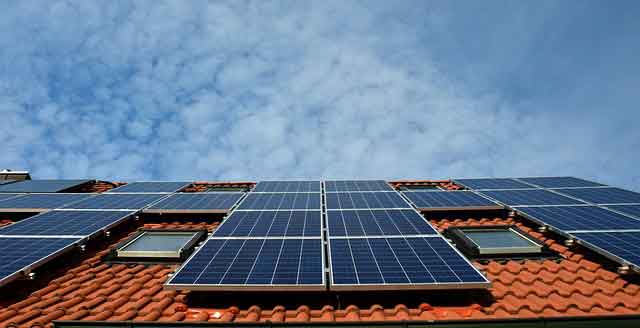Ontario nuclear plants get 'clean' tax breaks
Environmentalists expressed surprise the government would consider nuclear power "clean" because it does not emit air pollution and would put it in the same category as wind, sun or water-driven generators.
"It's a dangerous and idiotic use of taxpayers' money," said Jo Dufay, national campaign director with Greenpeace.
"The government is clearly overlooking the legacy that even the current nuclear program will leave us - with both high-level and low-level radioactive waste that will persist for tens of thousands of years."
The regulations were initially announced last November after Premier Ernie Eves froze retail electricity prices amid widespread unhappiness over the skyrocketing bills.
The idea was to encourage companies to generate more "green" power.
Although nuclear-power plants do not emit air pollution, they do produce radioactive waste that can pose a serious environmental hazard if not stored properly.
"No one in the environmental community calls nuclear power green or renewable," said Jack Gibbons of the Ontario Clean Air Alliance.
"(While) it doesn't emit the same air pollution as a coal-fired power plant, nuclear power plants have other problems associated with them."
Still, Agriculture Minister Helen Johns whose riding includes a nuclear power plant on Lake Huron said the regulations make sense.
"Anything that encourages industry to consider new generation opportunities can only be good for the people of Ontario," said Johns.
While Bruce Power hopes to have two reactors back on line after lengthy lay-ups by the end of August, two of its other reactors remain mothballed.
The incentives might encourage the company to undertake the costly refurbishment of those as well, the government said.
Duncan Hawthorne, CEO of Bruce Power, said it was too early to say whether the tax breaks would make the difference in bringing the two back to service.
"There's a lot of other factors . . . but it's certainly an incentive towards it," said Hawthorne.
Ontario has been plagued by tight electricity supplies that have seen the province come dangerously close to blackouts. Meeting demand has meant costly imports, soaring wholesale prices and smoke-belching coal-fired generators running full tilt.
"People are very concerned about smog and other things and nuclear does not contribute to that at all," said Hawthorne.
"So it does level the playing field to recognize it as an emitting-free technology."
Among the new measures are a 100 per cent corporate income tax write-off for assets and a sales tax rebate on building materials.
There is also a 10-year property tax holiday for eligible facilities.
The incentives apply to new facilities that generate electricity from natural gas, biomass, wind energy, solar energy, waterpower and other alternative and renewable energy sources.
Last week, the Conservative government announced a proposed standard to force power producers to generate more electricity from environmentally friendly sources.
Critics said it was too little too late.
Related News

Brand New Renewable Technology Harnesses Electricity From The Cold, Dark Night
LOS ANGELES - Two years ago, one freezing December night on a California rooftop, a tiny light shone weakly with a little help from the freezing night air. It wasn't a very bright glow. But it was enough to demonstrate the possibility of generating renewable power after the Sun goes down.
Working with Stanford University engineers Wei Li and Shanhui Fan, University of California Los Angeles materials scientist Aaswath Raman put together a device that produces a voltage by channelling the day's residual warmth into cooling air.
"Our work highlights the many remaining opportunities for energy by taking advantage of the cold…





